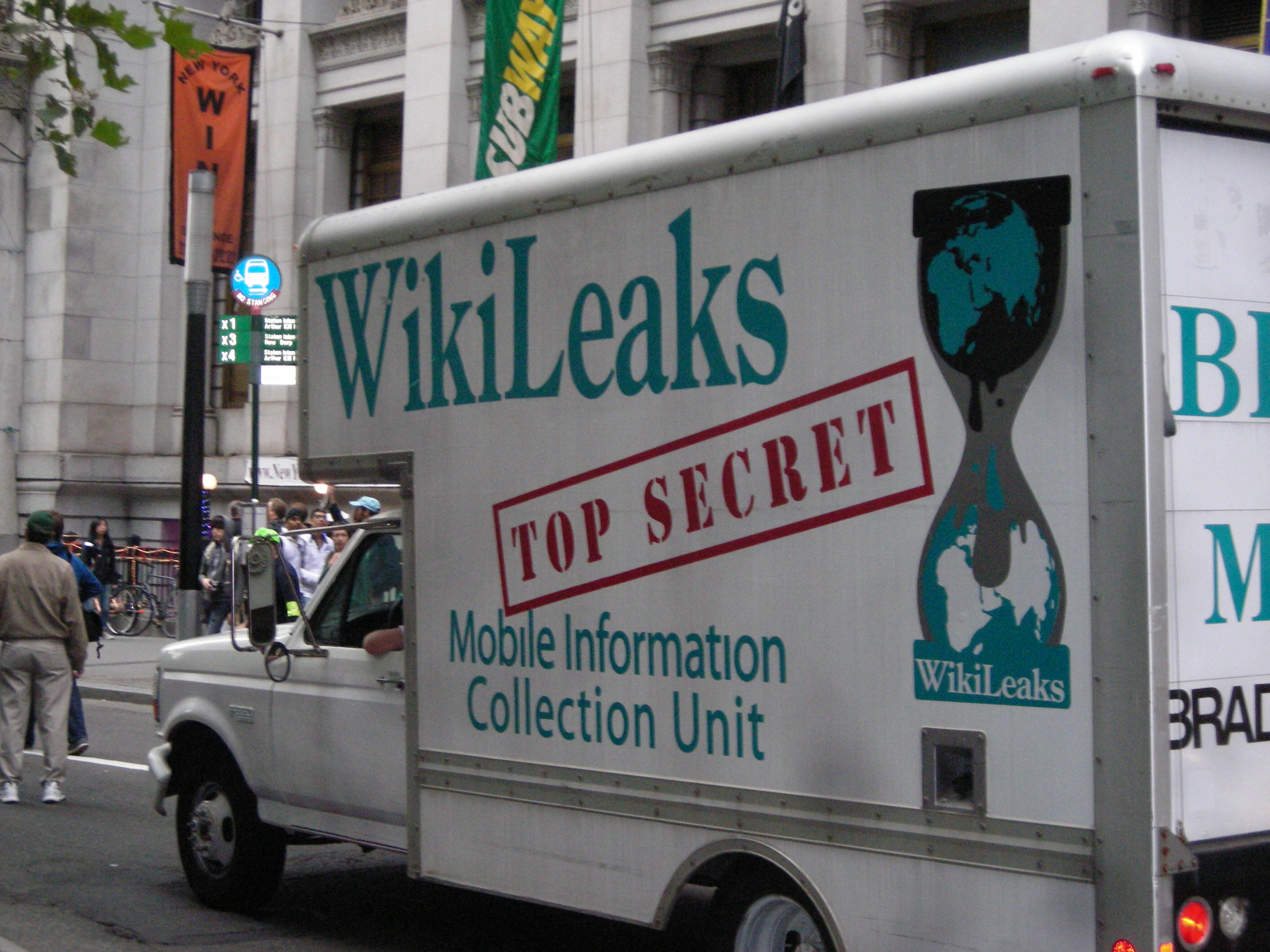How WikiLeaks Can Endanger LGBT Lives

By:
A recent data dump from WikiLeaks could jeopardize at least one gay man's life in Saudi Arabia after his personal information was released alongside government records. The controversy has again raised questions about the organization's ability to balance transparency and privacy rights.
 Wikimedia - wikimedia.org
Wikimedia - wikimedia.org
"They published everything: my phone, address, name, details," the man told The Associated Press. "If the family of my wife saw this... Publishing personal stuff like that could destroy people."
In Saudi Arabia, homosexuality is strictly prohibited by the ultra-conservative government, punishable by fines, physical torture, or death. And now that the details of his previous arrest — which was related to his sexual orientation — have been published online, he's justifiably concerned about possible retaliation from family or strangers.
WikiLeaks' "publish-everything" policy distinguishes it from other whistleblower organizations, and it has proved effective at collecting and releasing massive amounts of data and classified records that have exposed corruption in countries around the world. It was also responsible for leaking emails and other documents from the Democratic National Convention this summer.
.jpg?auto=format&crop=faces&fit=crop&q=60&w=736&ixlib=js-1.1.0) Wikimedia - wikimedia.org
Wikimedia - wikimedia.org
At the same time, the policy has sometimes endangered innocent people whose personal information have been inadvertently publicized. Though WikiLeaks has previously said that it would take steps to prevent such leaks, the outing of a Saudi man is just one of the latest in a string of releases that do not apparently serve the organization's transparency agenda. Health records, which included identifying information of at least two rape victims, were also contained in the batch of Saudi diplomatic cables released by WikiLeaks, ABC News reports. The AP identified 124 medical files in total from the Saudi leak.
Just last month, University of North Carolina professor Zeynep Tufekci noted that WikiLeaks linked to a database containing the personal information of millions of female Turkish voters.
WikiLeaks denied allegations that it outed a gay people to the Saudi government on Tuesday. The organization implied that the controversy was politically motivated in a tweet citing the 2016 election.
It's true that WikiLeaks' release of 60,000 documents known as "The Saudi Cables" was previously reported in 2015, but the AP's new report sheds light on an underreported aspect of the leak — namely, the disclosure of personal information that the organization said it would prevent.
Transparency advocate Steven Aftergood reportedly warned WikiLeaks founder Julian Assange about the potential dangers associated with leaking personal information in 2006. "Publication of information is not always an act of freedom," he said. "It can also be an act of aggression or oppression."
